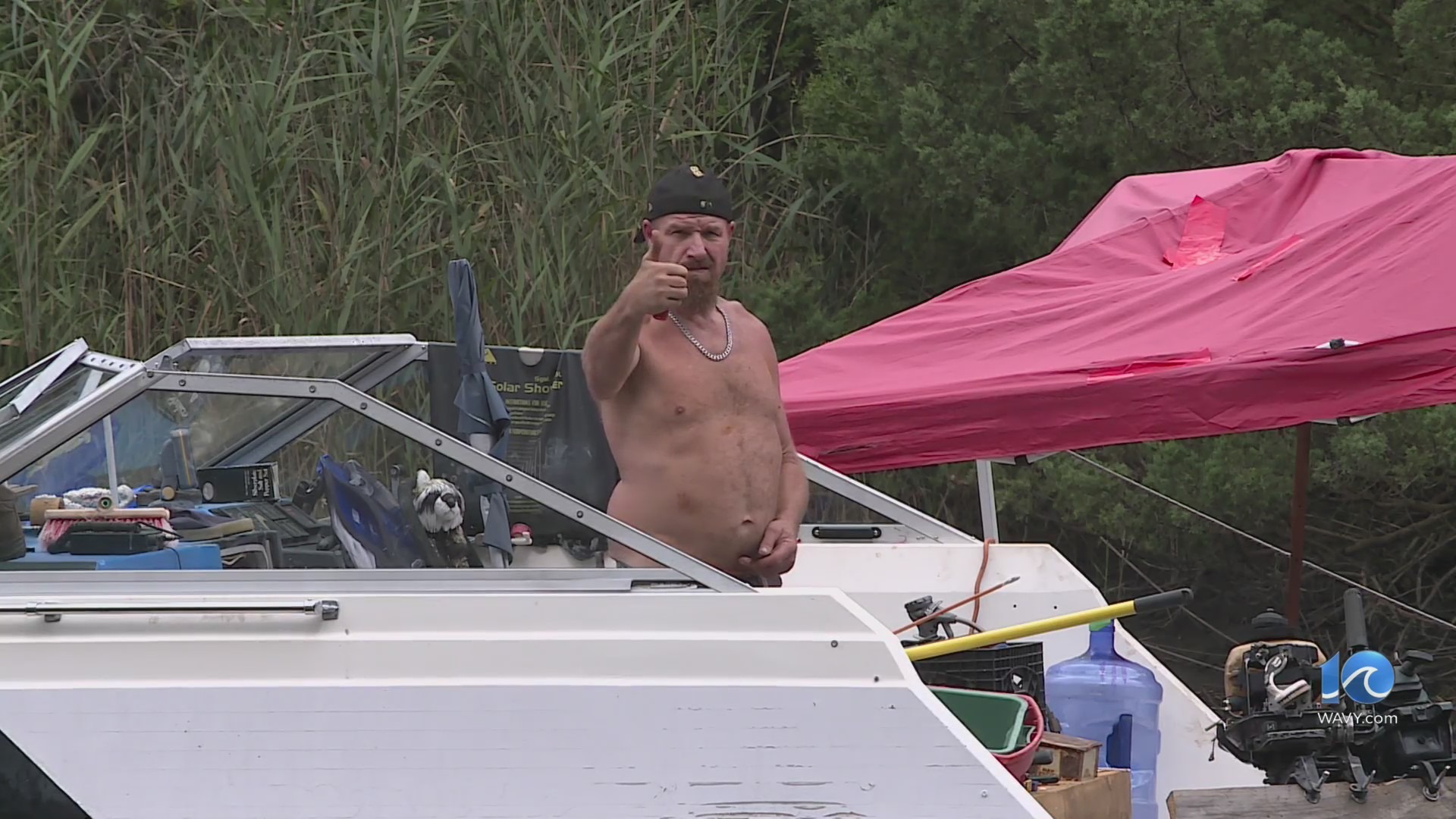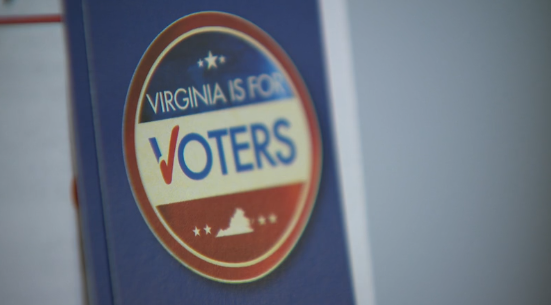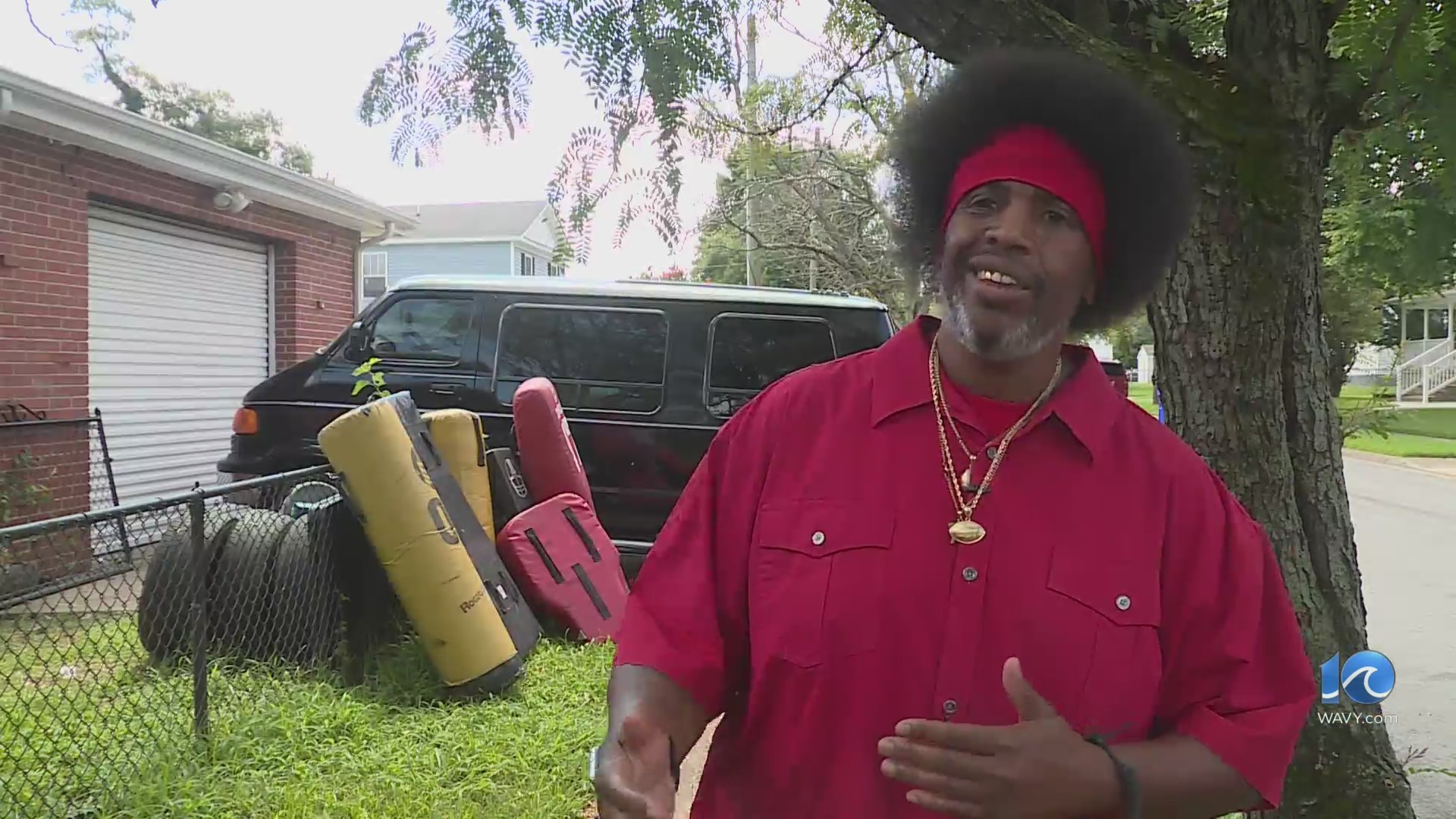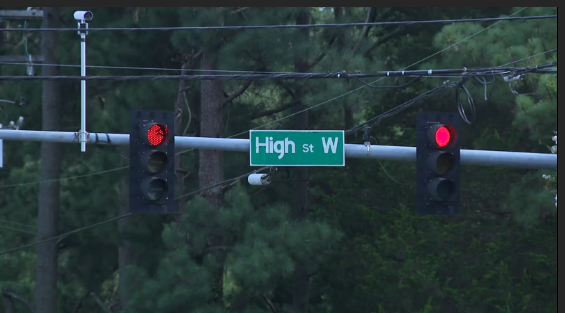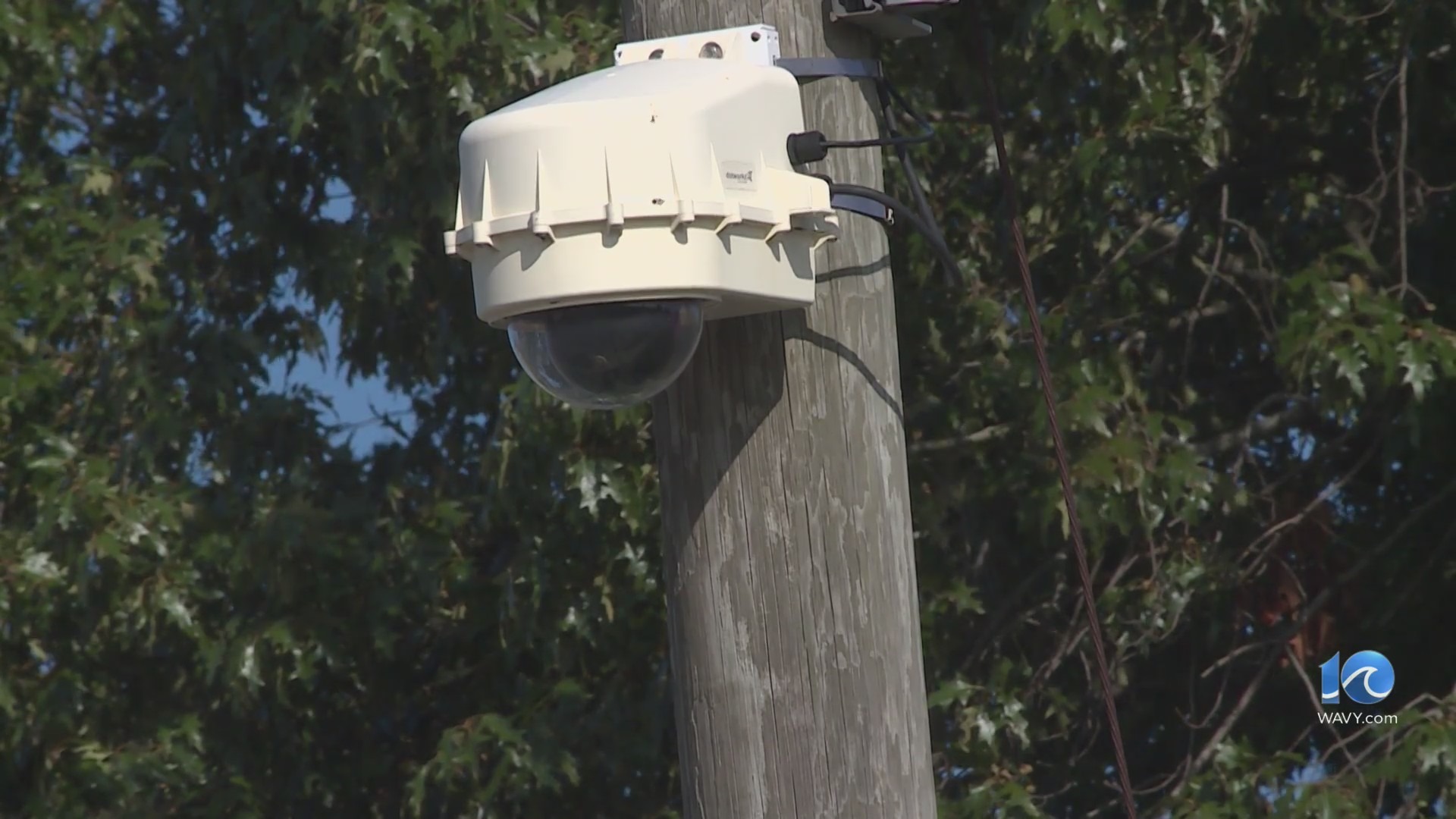WASHINGTON (AP) — Indigenous groups and other environmental activists marched to the Capitol Friday as they continued a weeklong protest demanding that Congress and the Biden administration stop new fossil fuel projects and act with greater urgency on climate change.
Nearly 80 people were arrested on the fifth day of the “People vs. Fossil Fuels” protest. That brings the total arrested during the week to more than 600, organizers said.
Under a banner declaring “We did not vote for fossil fuels,” activists pressed President Joe Biden to stop approving new pipelines and other fossil fuel projects and declare a climate emergency. Demonstrators urged members of Congress to “listen to the people” who sent them to Washington and take urgent action to phase out fossil fuels that contribute to global warming.
Capitol Police said 78 people were arrested on obstruction or crowding charges. Three of those arrested also were charged with assault on a police officer.
Speakers said Biden was not following through on his promises to act on climate change.
“It’s ridiculous. He promised, just like they’ve done in the past, ‘We’ll talk about it, we’ll bring it to the table.’ Where’s our seat?” asked Isabelle Knife, 22, a member of the Yankton Sioux tribe of South Dakota.
“We haven’t had a seat. We haven’t been heard,” Knife said. “It takes youth to be on the frontlines. It takes us to put our bodies on the line.”
White House press secretary Jen Psaki said the administration was “listening to advocates and people who have been elevating the issue of climate for decades.″
Environmental activists “have important voices, and they’ve put climate on the front of the agenda when it wasn’t 10 years and 20 years ago,″ Psaki said Thursday.
She encouraged activists and anyone who supports action on climate change to look at Biden’s proposals in a bipartisan infrastructure bill and a larger Democratic-only plan to address social and environmental issues.
“He’s trying to push across the finish line … an enormous investment and commitment to addressing the climate crisis,″ Psaki said. “That’s in his legislative agenda that’s currently working its way through Congress now. It doesn’t mean his climate commitment ends once he signs this into law; it just means that’s what our focus is on now, and it will have a dramatic, important impact.″
The Capitol protest followed a sit-in Thursday at the Interior Department in downtown Washington. Demonstrators clashed with police as they challenged pipelines and other fossil fuel projects and called for declaration of a climate emergency. More than 50 people were arrested.
An Interior Department spokeswoman said a group of protesters rushed the lobby, injuring at least one security officer who was taken to a nearby hospital. Police and protesters clashed outside the building, and officers used Tasers against several unarmed protesters, a spokeswoman for the protest group said.
Interior Secretary Deb Haaland, the first Native American Cabinet member, was traveling Thursday and was not in the building during the protest.
The protest was part of “a historic surge of Indigenous resistance” in the nation’s capital that started on Monday, Indigenous Peoples’ Day, outside the White House, said Jennifer Falcon, a spokeswoman for the Indigenous Environmental Network, a part of the coalition that organized the protest. More than 100 people were arrested as protesters linked arms and sat along the White House fence line to urge faster action to combat climate change.
The Andrew Jackson statue at the center of Lafayette Park across the street from the White House was defaced with the words “Expect Us” — part of a rallying cry used by Indigenous people who have been fighting against fossil fuel pipelines.
Protesters also climbed a flagpole outside the Army Corps of Engineers office, demanding a stop to Line 3, an oil pipeline upgrade that was recently completed in Minnesota. The pipeline will bring tar sands oil from Canada to Wisconsin.
“In November we made a choice to vote for a president who said he would be the climate president, who said he would stop pipelines, and right now we are seeing a betrayal from the White House and Congress,” said Zanagee Artis, co-executive director of Zero Hour, a youth-led climate justice organization.
“We need climate action now. We are out of time to address this issue,“ Artis said, adding that he campaigned for Biden and called voters on his behalf.
“Black and brown people voted in droves” for Biden, and young people voted in record numbers for a president who promised action on climate change, Artis said. Now Biden has the power to revoke permits for Line 3 and other pipelines “and he has not. He has the power to revoke fossil fuel leases and he has not.”







































